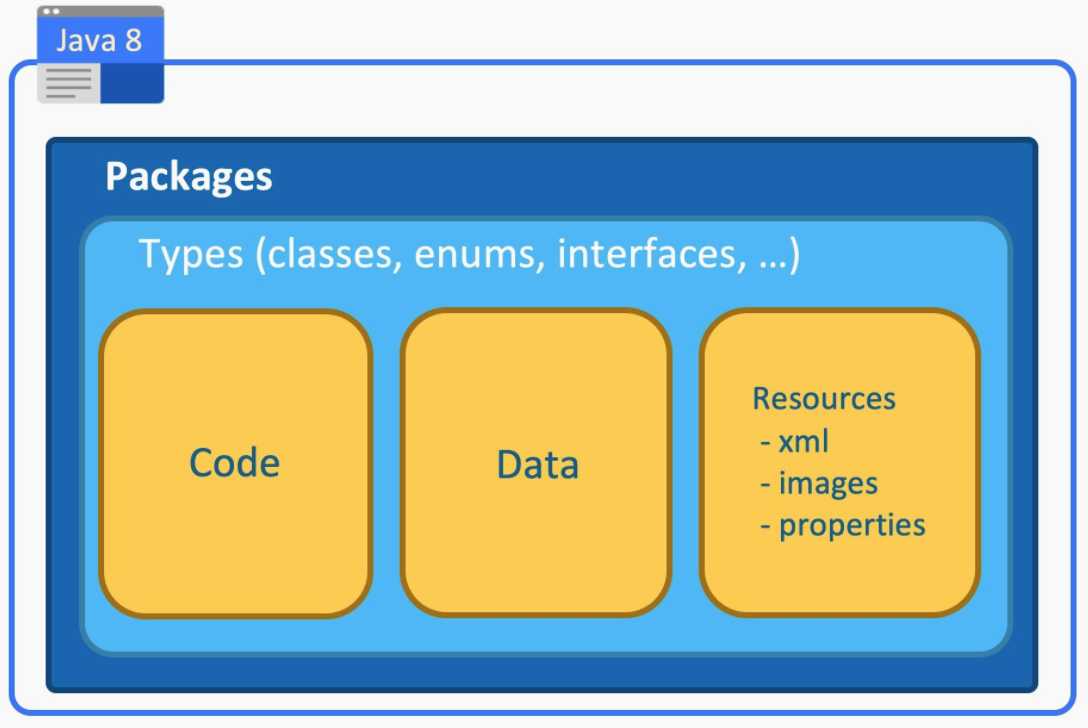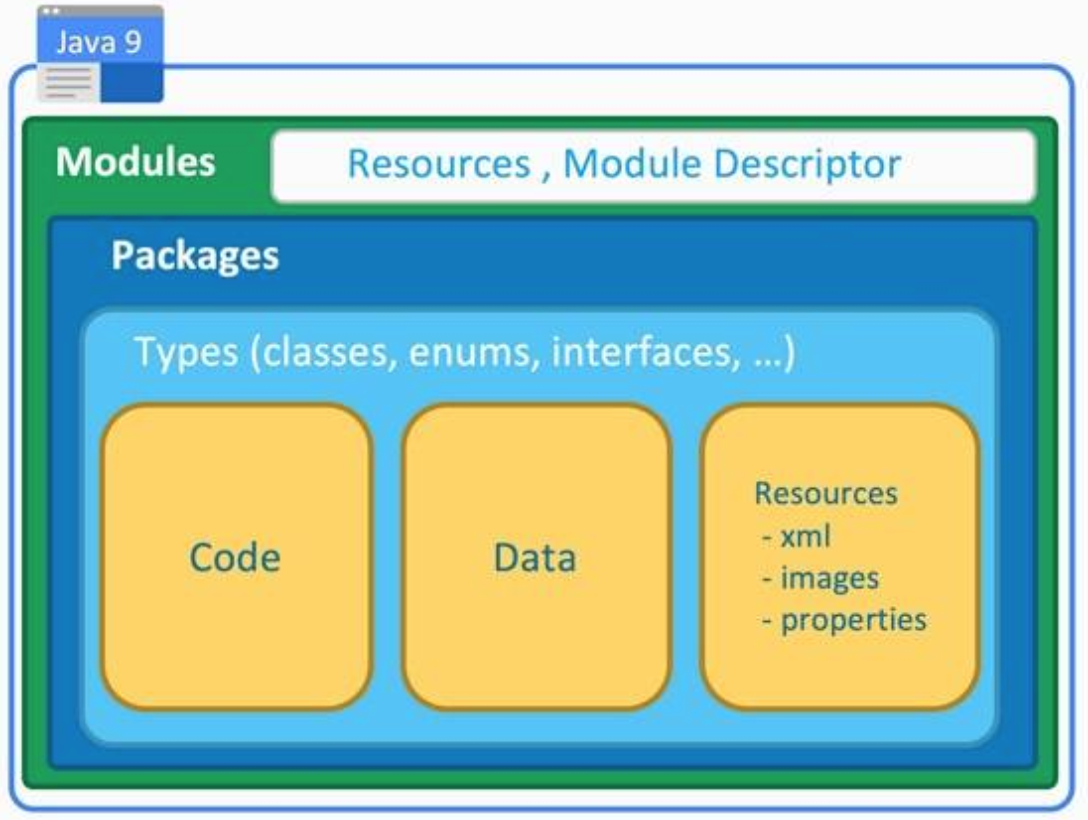关于面向服务架构和模块化、云原生
组件化
Component-based software engineering (CBSE), also known as component-based development (CBD), is a branch of software engineering that emphasizes the separation of concerns in respect of the wide-ranging functionality available throughout a given software system. It is a reuse-based approach to defining, implementing and composing loosely coupled independent components into systems. This practice aims to bring about an equally wide-ranging degree of benefits in both the short-term and the long-term for the software itself and for organizations that sponsor such software.
模块化
Modular programming is a software design technique that emphasizes separating the functionality of a program into independent, interchangeable modules, such that each contains everything necessary to execute only one aspect of the desired functionality.
With modular programming, concerns are separated such that modules perform logically discrete functions, interacting through well-defined interfaces.
模块化的目的是为了重用,模块化后可以方便重复使用和插拨到不同的平台,不同的业务逻辑过程中。
组件化的目的是为了解耦,把系统拆分成多个组件,分离组件边界和责任,便于独立升级和维护。
SOA的原则
- 标准化的服务契约 Standardized service contract
- 服务的松耦合 Service loose coupling
- 服务的抽象 Service abstraction
- 服务的可重用性 Service reusability
- 服务的自治性 Service autonomy
- 服务的无状态性 Service statelessness
- 服务的可发现性 Service discoverability
- 服务的可组合性 Service composability
Java 模块化
JDK 9的模块化体系
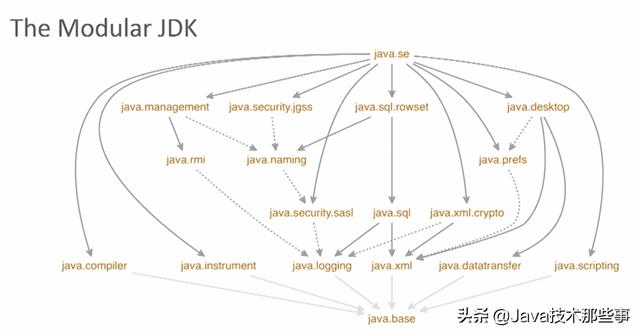
JDK 9的类可见性
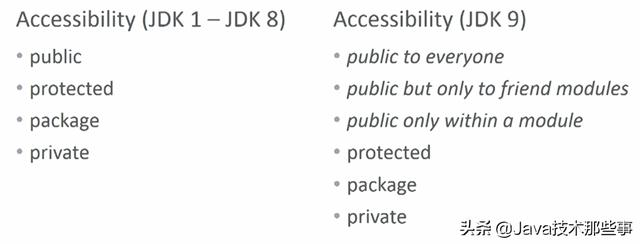
JDK 9模块间关系
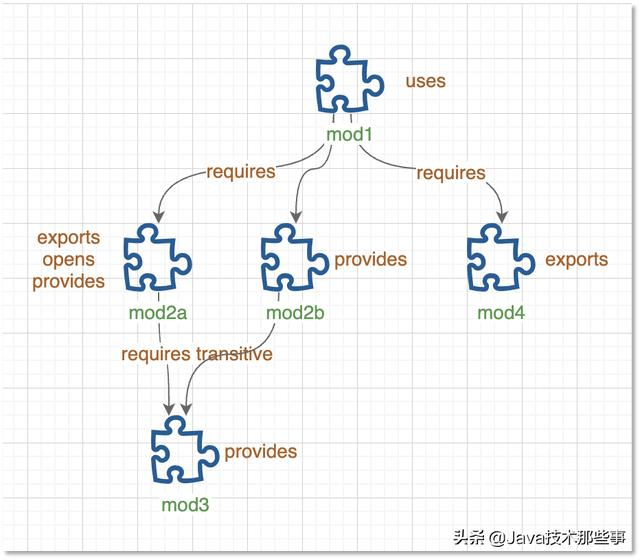

模块构成
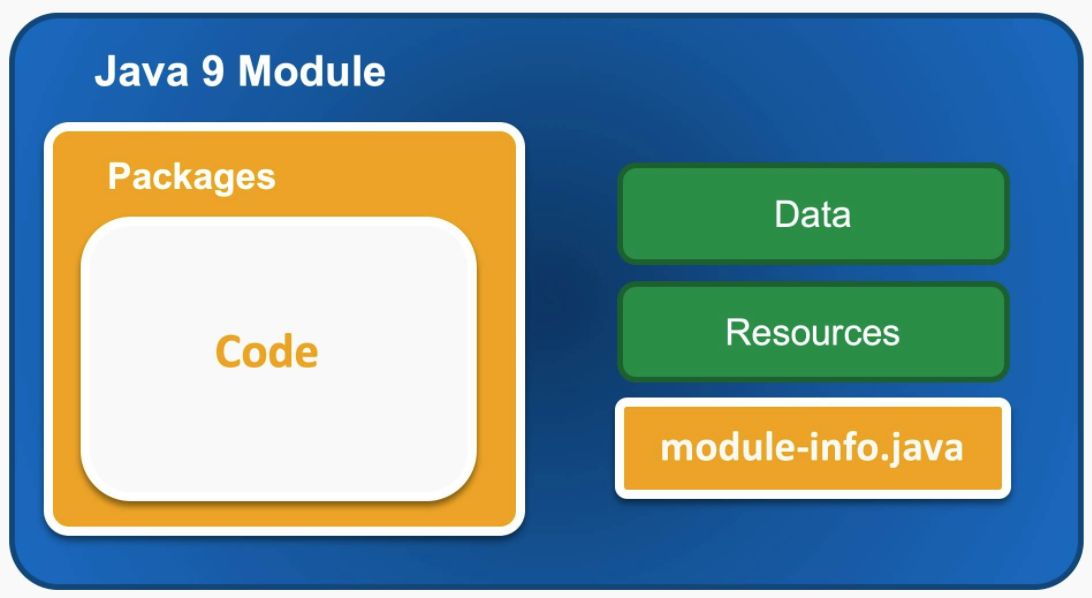
java.base模块
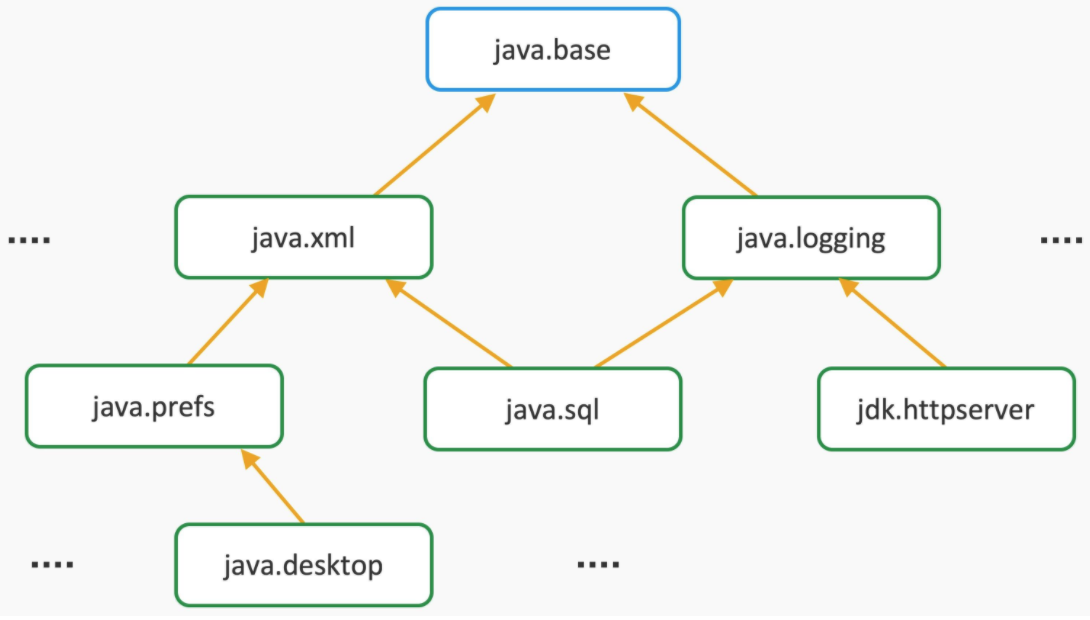
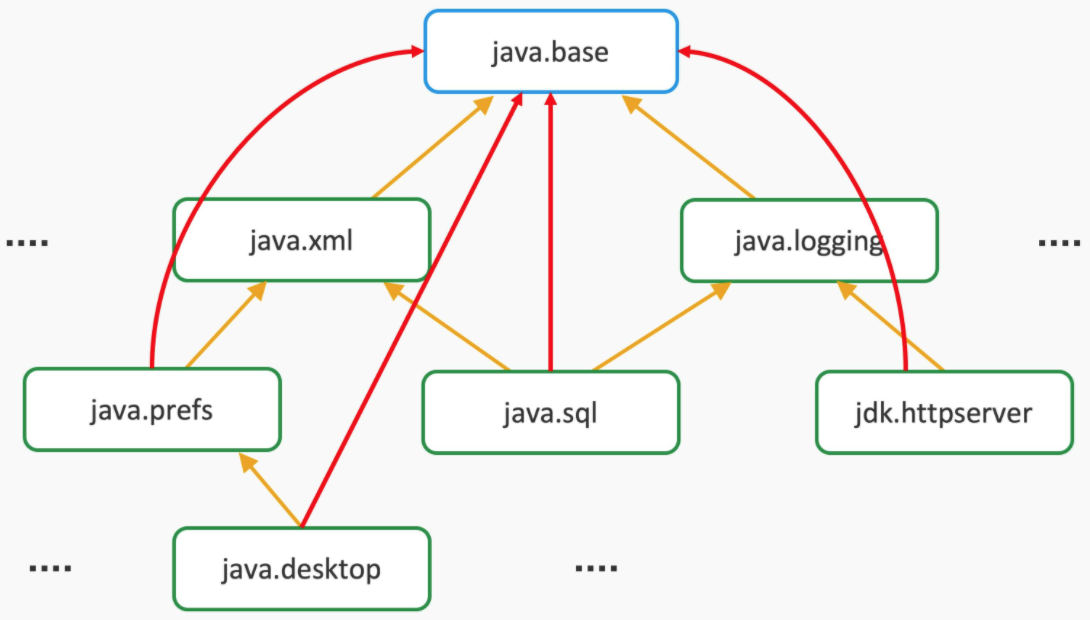
Java 8 vs Java 9
在Java8中,应用顶层是包; 在Java9中,应用顶层是模块
